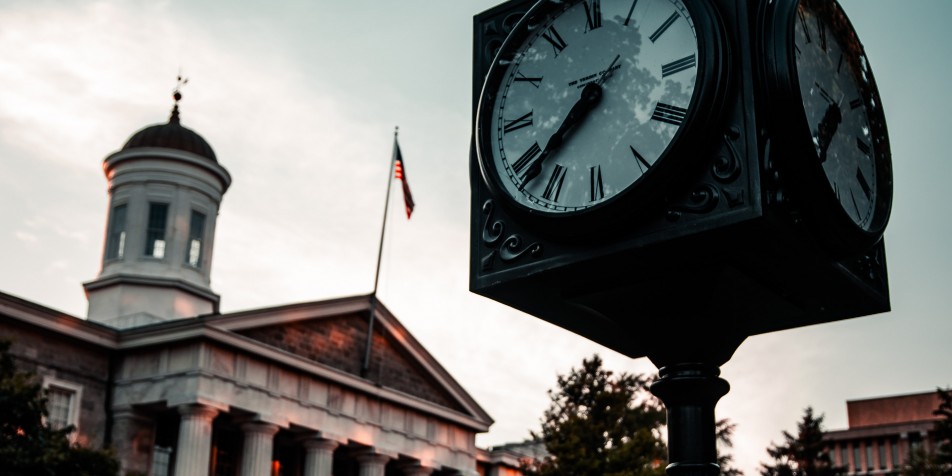Maryland Bans Sentencing Children to Life Without Parole

The bill gives hundreds of people an opportunity to petition for earlier release.
Maryland has banned life without the possibility of parole for people convicted of crimes that occurred when they were children. On Saturday, the Democratic-run legislature overrode Republican Governor Larry Hogan’s veto of the legislation.
Maryland is the 25th state, in addition to Washington, D.C., to bar these sentences. With the vote, hundreds of people will have an opportunity for earlier release.
“I had anticipated that Governor Larry Hogan would veto the bill but had full confidence that the Maryland General Assembly would do the right thing,” said Fatima Razi, co-founder and executive director of the Maryland Juvenile Justice Coalition. “This body of legislators has brought me closer to restoring my faith in Maryland’s justice system.”
The legislation, Senate Bill 494, known as the Juvenile Restoration Act, applies retroactively. It allows anyone who has served at least 20 years for a crime that occured when they were a minor to petition the court for a sentence reduction, including if they were sentenced to life without the possibility of parole. The court then must hold a hearing where a judge should consider a number of factors, including the offense, evidence of rehabilitation, childhood trauma, and victim statements. A person whose petition is denied can request a hearing two more times, three years apart.
In Maryland, nearly 50 people were serving a juvenile life without the possibility of parole sentence as of December, but the law’s impact extends to hundreds of others who were sentenced to lengthy prison terms or life with parole. More than 300 people, who were not sentenced to life without the possibility of parole, will be immediately eligible for resentencing because they have already served more than 20 years for offenses that occurred when they were children, according to the Campaign for the Fair Sentencing of Youth.
